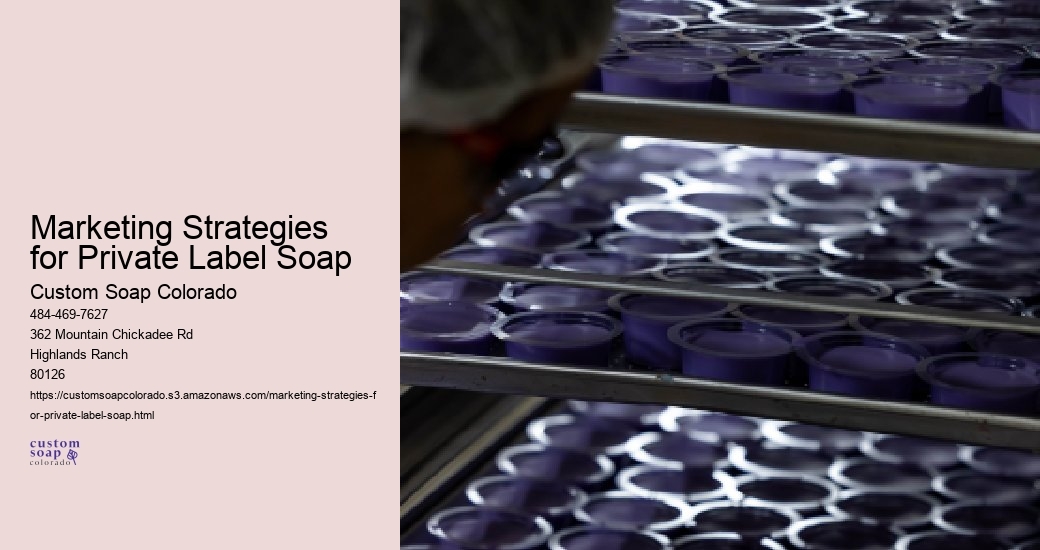Marketing strategies are an essential component of any successful business, and private label soap companies are no exception. With the intensifying competition in this industry, it is crucial to develop effective marketing strategies that set your brand apart from the rest.
The first step in formulating a successful marketing strategy is understanding your target audience. Consumer preferences vary significantly when it comes to personal care products like soaps. Some prefer organic or natural ingredients while others prioritize scent or moisturizing properties. Conducting market research can help you identify these preferences and tailor your product accordingly.
Once you have a clear understanding of your target demographic, you can position your private label soap accordingly. Positioning involves creating a unique image for your brand in consumers' minds, setting it apart from competitors. For example, if your research indicates that consumers increasingly prefer eco-friendly products, positioning your soap as environmentally friendly could be beneficial.
Pricing is another crucial aspect of marketing strategies for private label soaps. Pricing should be competitive yet profitable; too low may compromise perceived quality, while too high might deter potential customers.
Promotion plays a significant role in spreading awareness about your product and attracting potential buyers. This includes both traditional advertising methods and digital marketing techniques such as social media marketing and search engine optimization (SEO). Providing free samples or discounts on initial purchases could also incentivize consumers to try out new products.
Another critical element of an effective marketing strategy is distribution channels selection–you must ensure that your product reaches its intended audience conveniently and efficiently. This could involve selling through online platforms or partnering with physical retail stores.
Lastly but importantly, customer service should not be overlooked in devising effective marketing strategies for private label soap businesses. An exceptional customer experience fosters loyalty among customers which boosts repeat sales – a key factor driving profitability for any business.
In conclusion, effective marketing strategies encompass understanding the target audience, careful product positioning, competitive pricing structures alongside promotional activities leveraging traditional as well as digital media, strategic selection of distribution channels, and excellent customer service. These elements combined can help private label soap businesses thrive in an increasingly competitive market.
Least probable words: intensifying, tailor, incentivize, eco-friendly, overlooked.
